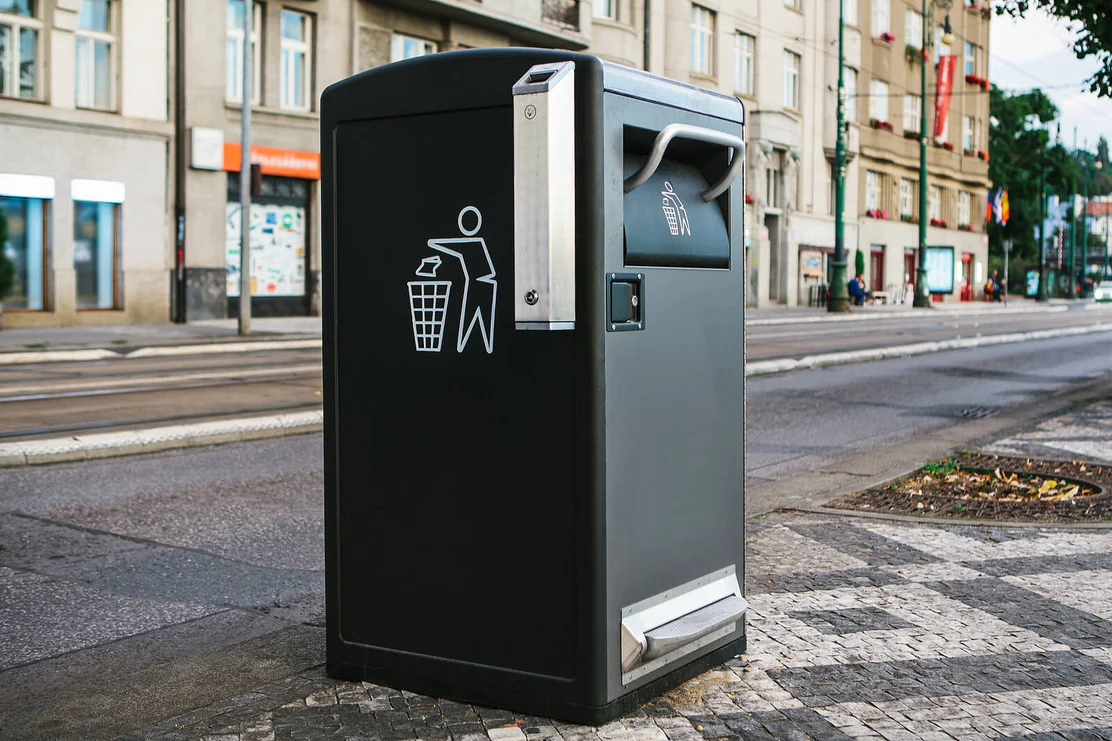In the complex and multi-stakeholder world of urban infrastructure and waste management, no single smart trash bin company can succeed in isolation; strategic partnerships and alliances are the absolute foundation upon which a successful and scalable network is built. A deep analysis of Smart Trash Bin Market Partnerships & Alliances reveals that a company's success is critically dependent on its ability to build a robust ecosystem of collaborators. These partnerships span the entire value chain, from crucial relationships with municipal governments and private property owners who serve as "site hosts," to technical alliances with telecommunication companies and cloud providers, to go-to-market partnerships with the major waste management corporations. In a market where physical placement and network connectivity are paramount, these alliances are the essential framework for success. The Smart Trash Bin Market size is projected to grow USD 58.8 Billion by 2035, exhibiting a CAGR of 27.89% during the forecast period 2025-2035. To effectively capture this growth, smart waste companies must be masters of partnership, building the web of relationships needed to deploy and operate their infrastructure at a city-wide scale.
The most fundamental and critical partnerships for any smart waste network provider are with the municipal governments and the private "site hosts" where the bins will be located. This is a complex B2B and B2G (business-to-government) sales and partnership process. To deploy a network of smart bins in a city's public spaces, a company must form a deep, long-term public-private partnership with the city's sanitation or public works department. This often involves a competitive bidding process and requires a deep understanding of municipal procurement. For deployments on private property, the company must build a sales and partnership team that can build relationships with the major stakeholders in commercial real estate: the owners of office buildings, shopping malls, university campuses, and large apartment complexes. The value proposition to these site hosts is that the smart bins provide a cleaner, more sustainable, and more efficient waste management solution. Securing these site host partnerships is the essential "land grab" that defines the physical footprint and success of the network.
Beyond the vital site host partnerships, a host of other alliances are crucial for a complete and functional solution. Technology partnerships are key. A smart bin requires a wireless connection to the cloud, which necessitates a partnership with a major telecommunication company to provide a low-cost, low-power cellular IoT connectivity service (like NB-IoT or LTE-M). The software platform itself runs on the cloud, requiring a partnership with a major cloud infrastructure provider like AWS or Azure. Perhaps the most strategically important go-to-market partnerships are with the major traditional waste management corporations. A smart sensor company will often partner with a major waste hauler, who will then resell the technology as part of a branded "smart waste" service to its own massive base of commercial customers. This provides the technology company with a massive and highly efficient channel to market. This intricate ecosystem of municipal, real estate, technology, and waste industry partnerships is the essential operating framework for the entire smart trash bin market.
Top Trending Reports -
France Education Consulting Market



